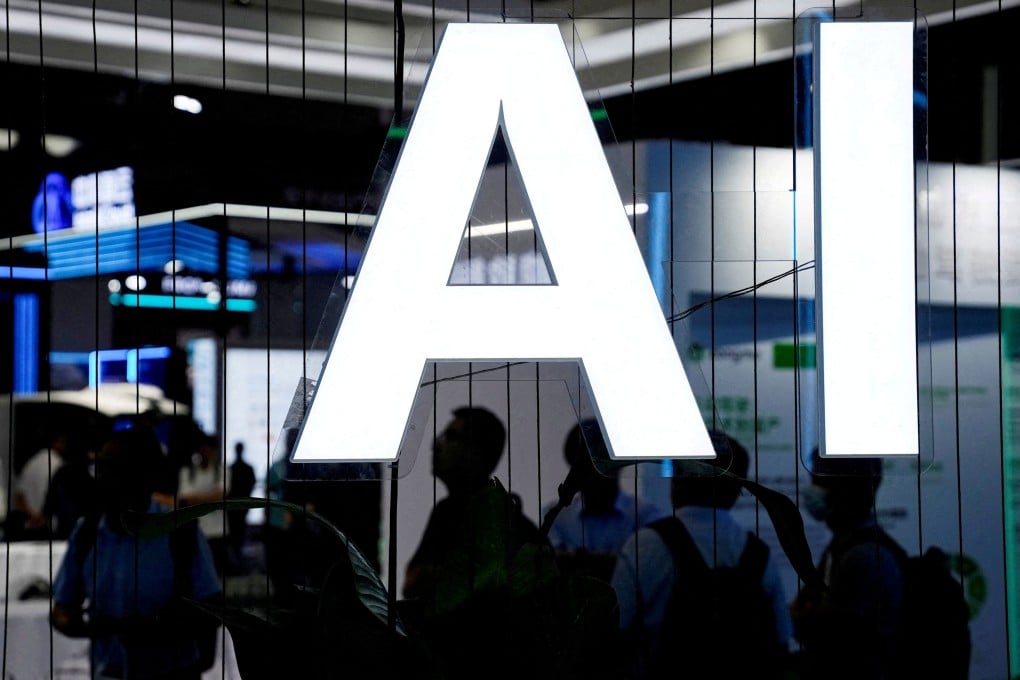Advertisement
Opinion | World cannot afford AI cooperation falling prey to US-China geopolitical strife
- Geopolitics is a threat to international cooperation on AI legislation, resulting in patchwork strategies, competing goals and disjointed global standards. The ongoing chip war between the US and China could make things worse, leading to uneven enforcement and unequal protection
Reading Time:3 minutes
Why you can trust SCMP
2

At a time when the Biden administration has secured voluntary commitments from seven top companies – Google, OpenAI, Amazon, Meta, Microsoft, Anthropic and Inflection – to address the risks posed by AI, the artificial intelligence industry is expected to reach US$1.8 trillion by 2030, growing at an annual pace of 37.3 per cent between 2023 and 2030.
The companies have committed to testing their AI systems’ capability and safety, sharing their results as well as information on managing AI risks before releasing them to the public. As governments across the world invest heavily in AI research and development, the ethical constraints of AI – which includes issues such as bias, privacy and data protection – are of great concern.
Cybercrime is an issue affecting businesses around the world, and academic integrity is under threat as students turning in AI-generated papers has become a worry.
Advertisement
Biases within AI systems pose additional ethical challenges as unconscious biases can be introduced through human involvement. Examples include biased outcomes of facial recognition AI for people of colour and the discriminatory consequences of automated systems, such as Amazon’s recruiting tool, which reflected bias against women.
Meanwhile, the geopolitical battle for AI domination is on, with the United States and China investing massively in research and development to fight for technological dominance.
Advertisement
While many countries are taking policy action on AI, there are differences in the scope of rules, with some nations focusing on certain AI systems while others are adopting more comprehensive measures. The emphasis on security, justice, openness and human scrutiny is crucial to avoid bias and govern these AI systems.
Advertisement
Select Voice
Choose your listening speed
Get through articles 2x faster
1.25x
250 WPM
Slow
Average
Fast
1.25x
